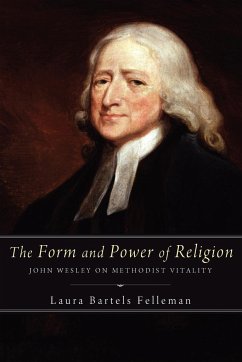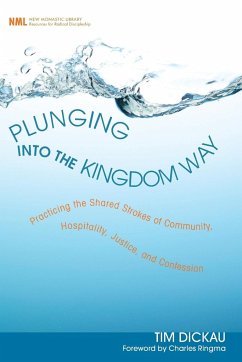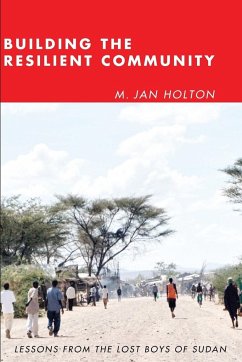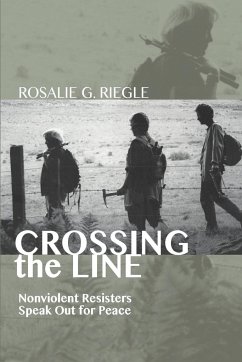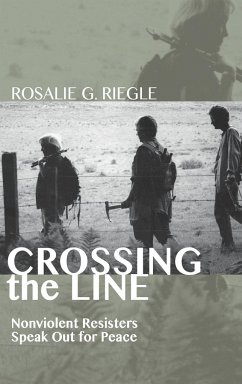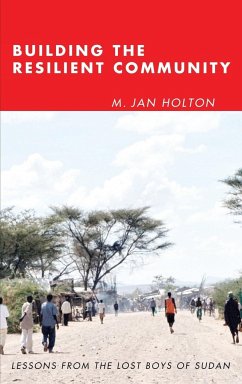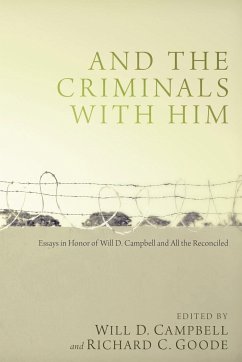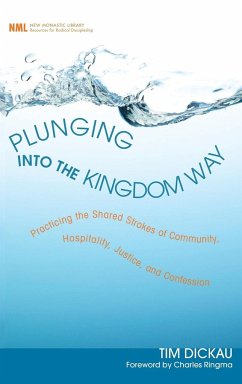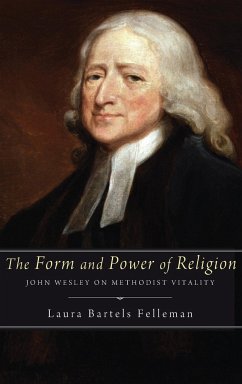
The Form and Power of Religion
Versandkostenfrei!
Versandfertig in 1-2 Wochen
29,99 €
inkl. MwSt.
Weitere Ausgaben:

PAYBACK Punkte
15 °P sammeln!
In "Thoughts Upon Methodism," John Wesley shared his hopes and fears for the future of his religious movement. The article contains this well-known passage: "I am not afraid that the people called Methodists should ever cease to exist either in Europe or America. But I am afraid, lest they should only exist as a dead sect, having the form of religion without the power. And this undoubtedly will be the case, unless they hold fast both the doctrine, spirit, and discipline with which they first set out." The Form and Power of Religion unpacks this statement by explaining what Wesley meant by the ...
In "Thoughts Upon Methodism," John Wesley shared his hopes and fears for the future of his religious movement. The article contains this well-known passage: "I am not afraid that the people called Methodists should ever cease to exist either in Europe or America. But I am afraid, lest they should only exist as a dead sect, having the form of religion without the power. And this undoubtedly will be the case, unless they hold fast both the doctrine, spirit, and discipline with which they first set out." The Form and Power of Religion unpacks this statement by explaining what Wesley meant by the form and power of religion, identifying what Methodist Doctrine, Spirit, and Discipline were according to Wesley, and discussing how these aspects of Methodism worked together to maintain the vitality of the Revival. The book concludes with an evaluation of Wesley's theory of Methodist Vitality, and discusses its viability as a basis for contemporary Church Vitality programs.




